How one word took an entire organization off the air
EDRi's member Bits of Freedom cannot share this blog post with their supporters on Facebook. The reason for this: the word "QAnon" appears in it. This single word was all it took to have the Facebook page of The Hmm and that of its three administrators removed.
Filter resources
-

How one word took an entire organization off the air
EDRi's member Bits of Freedom cannot share this blog post with their supporters on Facebook. The reason for this: the word "QAnon" appears in it. This single word was all it took to have the Facebook page of The Hmm and that of its three administrators removed.
Read more
-
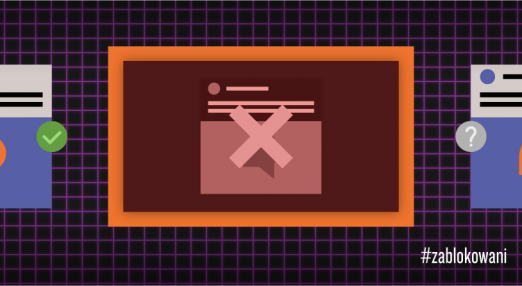
Who will not be blocked by Facebook? SIN wins the first court battle
The District Court in Warsaw (Appellate Division) upheld its interim measures ruling from 2019 in which it temporarily prohibited Facebook from removing fan pages, run by the Polish NGO “SIN”, on Facebook and Instagram, as well as from blocking individual posts. This means that – until the case is decided – SIN’s activists may carry out their drugs-related education on the platform without concerns that they will suddenly lose the possibility to communicate with their audience. The decision is now final. EDRi's member Panoptykon Foundation sheds some light on the case and what it means on the broader scale.
Read more
-
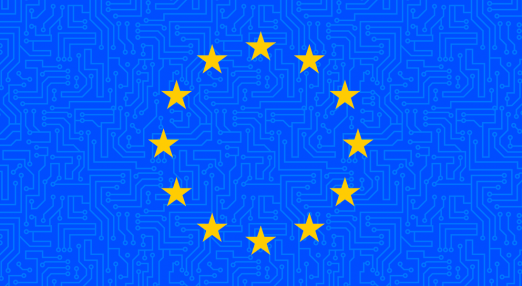
All hands on deck: What the European Parliament should do about the DSA
After the European Commission’s proposal for a Digital Services Act (DSA) in December 2020, no less than seven committees in the European Parliament are now drafting their reports and opinions on the DSA. In parallel, member states are deliberating about the Council’s position, too. Yet, while the Commission has carefully tried to modernise the ageing rules of the E-Commerce Directive and make them fit for the platform economy, several of the committees’ draft reports propose—deliberately or not—to turn the DSA into a dystopian fundamental rights nightmare.
Read more
-

DSA should promote open and fair digital environment, not undermine the rule of law
The Rapporteur of the European Parliament Committee leading one of the most important legal initiatives to regulate platforms has spoken. The Internal Market and Consumer Protection (IMCO) Committee's draft report on the Digital Services Act (DSA) turns online platforms into judge, jury and executioner when it comes to removing online content. This follows the same logic as the Copyright Guidelines that were presented last week. It also gives vast powers to the European Commission and national governments to suppress opposing voices.
Read more
-
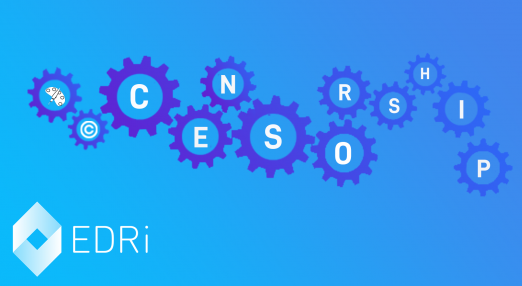
European Commission ignores civil society concerns and sides with creative industries
Today is a sad day for Europe. Instead of listening to reason and arguments, the European Commission itself brought up in front of the CJEU, the backroom political influence of the entertainment industry has won once again. Clearly “earmarking” content means preferring the economic interests of a few powerful actors over the fundamental rights of a whole generation.
Read more
-
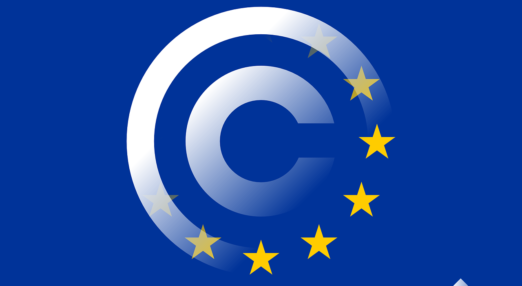
Copyright Reform in Germany: Damage Reduction on Article 17
While waiting for the implementation guidelines from the European Commission and the CJEU ruling on whether upload filters are legal or not, some Member States are implementing the Directive. Germany has done some damage reduction in its implementation, according to former MEP and current GFF staff Felix Reda
Read more
-

Antiterrorists in a bike shed – policy and politics of the Terrorist Content Regulation
The short story: an ill-fated law with dubious evidence base, targeting an important modern problem with poorly chosen measures, goes through an exhausting legislative process to be adopted without proper democratic scrutiny due to a procedural peculiarity. How did we manage to end up in this mess? And what does it tell us about the power of agenda setting the name of the “do something” doctrine?
Read more
-

Spotify, don’t spy: global coalition of 180+ musicians and human rights groups take a stand against speech-recognition technology
“You can’t rock out when you’re under constant corporate surveillance. Spotify needs to drop this right now and do right by musicians, music fans, and all music workers.” - Tom Morello
Read more
-

Four measures to limit the dominance of platforms like YouTube and Facebook
For our public debate, we are far too dependent on the whims of dominant companies such as Google and Facebook. The time is nigh for politicians to step in, and here are four measures they should take.
Read more
-

Companies are now allowed to scan your private communications
“Any restrictions on children’s right to freedom of expression in the digital environment, such as filters, including safety measures, should be lawful, necessary and proportionate”and any digital surveillance of children “should respect the child’s right to privacy and should not be conducted routinely, indiscriminately” nor “should it take place without the right to object to such surveillance”.
Read more
-

European Parliament confirms new online censorship powers
EU regulation against ‘terrorist’ content online (TERREG) was approved without a final vote by the European Parliament on April 29th. The regulation will harm our ability to freely express ourselves and access information online.
Read more
-
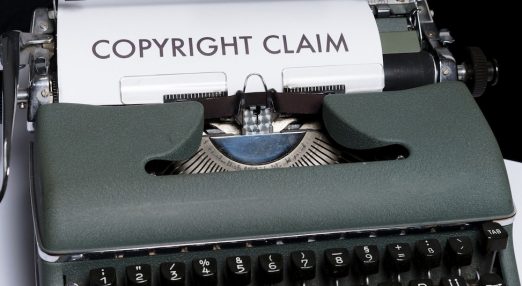
How Austria wants to implement upload filters and ancillary copyright
EDRi's member epicenter.works sheds light on the Austrian implementation of the controversial Copyright Directive passed in the EU Parliament in 2019. As positive as some draft provisions regarding upload filters are, the Austrian implementation of ancillary copyright is poor.
Read more
